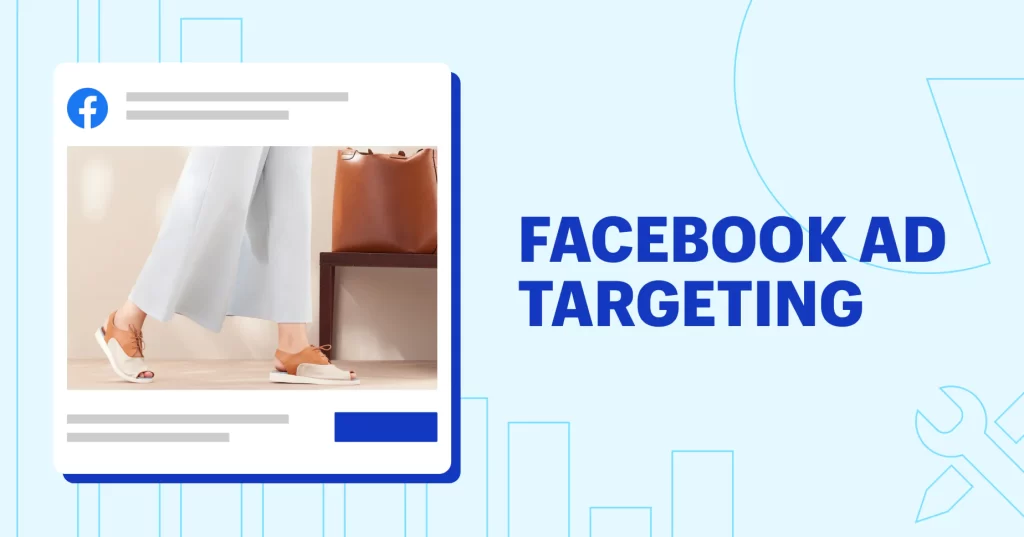
Are you acquainted with the intricacies of launching a Facebook ads campaign, delved into YouTube tutorials on Facebook marketing, or engaged in discussions about online advertising? Undoubtedly, setting up precise targeting holds substantial weight in these spheres.
But, what if I challenged the conventional wisdom?
What if I suggested that targeting might not be as pivotal as commonly believed, especially if your business fits into one of these four categories? Theoretically, this implies that focusing on targeting might not be the be-all and end-all of your advertising strategy.
In fact, imagine channeling that energy into crafting superior offers and devising more innovative ways to utilize your time – now, that’s intriguing, isn’t it?
Before we delve into whether your business should adopt open targeting, let’s understand what this approach entails.
What is Open Targeting?
Open targeting signifies forgoing specific targeting criteria when creating Facebook ad campaigns. No interests, behaviors, or demographics are added – just a wide net cast over everyone within your selected location and age range.
The rationale behind this is Meta’s enhanced sophistication as an advertising platform. The platform now excels at discerning the ideal audience for your ads, potentially outperforming your specific targeting efforts. Selecting a narrow interest might inadvertently exclude potential converters outside that interest group.
However, there are drawbacks to evading retargeting efforts. While some advocate solely for open targeting without retargeting, it’s an extreme view that might not serve every business well.
The Importance of Retargeting
Retargeting holds its ground in scenarios such as re-engaging with those who abandoned their carts or offering exclusive discounts to potential customers who didn’t complete a purchase. Moreover, for businesses offering higher-priced services, retargeting becomes pivotal to establish expertise, reliability, and showcase case studies.
In essence, completely disregarding retargeting seems an excessive stretch. At our agency, we often experiment with open targeting while integrating retargeting strategies for optimal results.
When Does Open Targeting Excel?
Certain situations favor open targeting over interest-based targeting or retargeting. Seasoned ad accounts with substantial conversion data tend to benefit more from open targeting as Meta harnesses more data to understand the best audience for your business.
Additionally, open targeting shines for products/services with broad appeal, local businesses, or in smaller countries where narrow targeting restricts the audience excessively.
However, these are general guidelines; advancements in AI are rapidly enhancing Facebook’s capacity to identify audiences even with open targeting.
The Evolving Targeting Landscape
As Meta’s AI evolves, open targeting proves more effective, even for newer accounts and niche products/services. Businesses are increasingly finding open targeting outperforming interest-based approaches.
Nevertheless, patience is key with open targeting; it might take longer to optimize compared to more specific targeting methods. It’s essential to conduct tests over a few weeks to gauge performance accurately.
Furthermore, staying updated with Facebook’s targeting options is crucial. As they introduce new features like the “hybrid” between open and detailed targeting, keeping an eye on these updates is integral to adapting your strategy for the best results.
The targeting landscape is in a constant state of flux. Regularly re-evaluate open targeting’s efficacy while staying attuned to new targeting developments. Adapting to these changes is pivotal for maximizing results in your advertising endeavors.